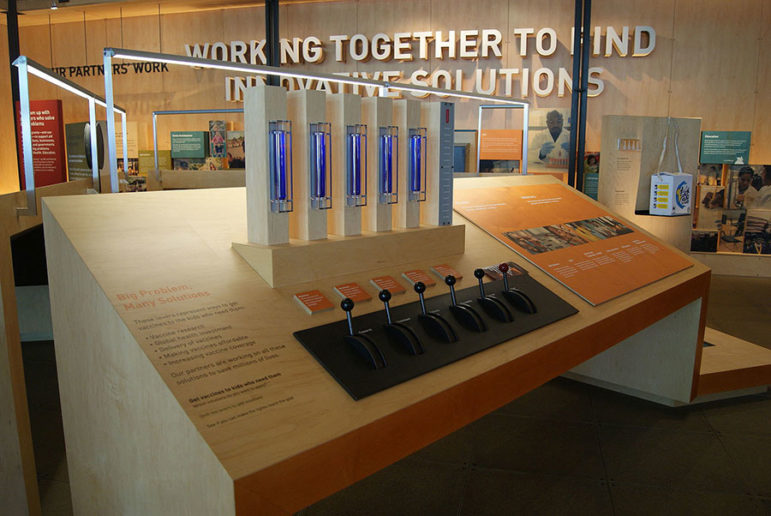
I’ve been an educator for 50 years. I’ve been a teacher, a principal, and a district superintendent. I founded Aspire Public Charter Schools in California. And I’ve worked for the last seven years helping the Bill & Melinda Gates Foundation invest hundreds of millions of dollars in public education.
It’s no secret that this work is hard, and we don’t expect we’ll always agree with others who feel strongly about the issue. But when it comes down to it, our work is about finding common ground, encouraging productive collaboration, and sharing what’s working so that more students can get a high-quality education—regardless of whether it’s at a public charter or a district school.
This is one idea that we all can agree on: A high-quality education is a bridge to opportunity in the United States. Every student should have access to that bridge so that they can graduate high school ready to succeed in college and the workforce—and to achieve their dreams. This belief drives our work in education at the foundation.
And one of the best examples of this belief in action is at Summit Public Schools, a charter management organization with schools in California and Washington. Summit is one of the national leaders in personalized learning. At Summit, students become self-directed learners: They set goals for their learning, reflect on their progress, and build habits and mindsets to help them succeed in college, career and life. Teachers and students work together using an online tool called the Summit Personalized Learning Platform to create and carry out individual learning plans, track progress and collaborate. But this tool doesn’t replace teachers—in fact, it allows teachers to strengthen their relationships with students by giving them real-time information that forms the basis for mentoring and coaching.
Sign up for our free newsletters
Subscribe to NPQ's newsletters to have our top stories delivered directly to your inbox.
By signing up, you agree to our privacy policy and terms of use, and to receive messages from NPQ and our partners.
Personalized learning is not a new approach, but it’s been gaining traction in schools across the country. That’s why the foundation is committed to helping the field understand how schools like Summit are implementing personalized learning and what impact it has on student achievement.
At Summit, the impact has been remarkable. Ninety-six percent of Summit graduates are accepted to at least one four-year college or university, and 55 percent of graduates go on to complete college within six years, compared to a national average of 28 percent. These results are particularly compelling because Summit students are wonderfully diverse: Only 20 percent of students are white and nearly half qualify for free or reduced-price lunch.
These positive impacts reinforce compelling evidence from research showing that personalized learning is working for students. It’s why we support Summit, and it’s also why we’re excited that Summit is helping over 120 schools around the country—more than 90 of which are district public schools—bring personalized learning into their classrooms through the free Summit Basecamp program. This summer, more than 1,500 teachers and school leaders came together at Summit Basecamp training to learn from each other and their mentors from Summit Public Schools to prepare to personalize learning for their students. These educators came from rural, urban and suburban communities; from large schools and small schools; and from district, charter, and independent schools. But despite this diversity, they’re forming a collaborative community of practice that proves that powerful, personalized education can help all students reach their full potential.
We’re encouraged to see the burgeoning example of collaboration between district and charter schools take shape in the Summit Basecamp program. It demonstrates that collaboration, not competition, is the key to improving student outcomes. In a number of cities around the country, such as Denver, Houston, and Camden in New Jersey, charter and district schools are coming together, finding common ground and sharing their knowledge and resources to ensure that all students in their communities receive a high-quality education. Studies have shown that this type of collaboration between district and charter schools allows for easy sharing of best practices in areas like English-language skills. When high-performing charter schools partner with district public schools to accelerate best practices, all students reap the benefits.
My experience has shown me that this spirit of collaboration and common ground is what we need to improve our nation’s education system and ensure that all of our students receive an excellent public education that gives them the opportunity to succeed.










